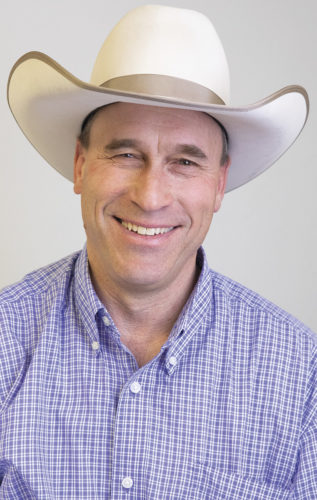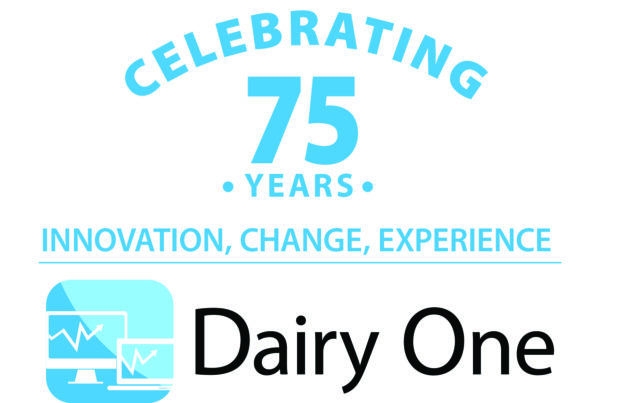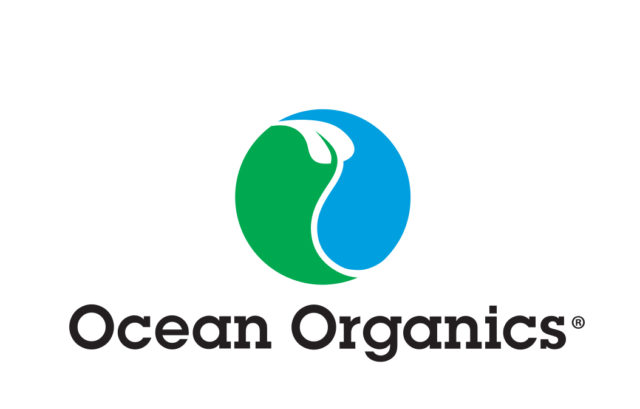What I do have going for me is that some topics in our realm are classic and timeless. Among the rural family rancher types, one such topic is the county fair and kids and their critters.
From northern California and western Montana to the Ozarks of Missouri and the Great Plains of Kansas, Oklahoma and Texas, there are families reveling in and suffering through the same joyful pain.
This year marked the first time in two decades I didn’t have a dog in the fight, so to speak. After five kids and dozens of steers and heifers, not one time this August did I have to urge a kid to drag his butt out of a makeshift bed on the floor of a cheap hotel across the street from the Cassia County Fairgrounds at 5:30 in the morning to get to the wash rack before it filled up with other sons, daughters, mothers, fathers, bovines, sheep and swine – all with their own stories of how they got to that point.
Even though the stories are as varied as the individuals, there are several common threads that bind the fabric of rural fair families. One of those threads always leads to a trailer or loading chute.
I still get kind of choked up when I think of my kids, especially my daughters when they were younger, bidding a final farewell to what they thought of as their best friends. It’s a scene that’s played out thousands upon thousands of times each year. It’s heartbreaking every time. But, oh what lessons these experiences teach.
- It teaches that life is wonderful – but tough.
- It teaches that winning is fun and losing is hard – but not the worst thing that can happen.
- It teaches that if you work hard, you can achieve your goals.
- It teaches that you can do your best and still be miles from your goal.
- It teaches that you can do hard things.
- It teaches you to hold on – and to let go.
- It teaches you to love and to lose – and that love can be its own reward.
- It teaches respect and honor – and how to fight through disappointment and hurt.
- It teaches you that animals are not people – but they can and should be treated with kindness and respect.
- It teaches you that it’s OK to be happy for your successes and sad in your losses – and that you should allow other people the same happiness and sadness.
- It teaches you how to deal with life.
While the chapter of my watching and teaching and cussing and loving and helping my kids through a fair year is over, I’ve still got my hand in the game. I’ve got about five years before my grandkids are old enough, but in the meantime, my two nieces are in their third and first year, respectively, of showing steers.
It’s still fun to help them pick their steers at weaning time when the cows come off the mountain and travel the hour or so to the Twin Falls County Fair to lend my support, moral or otherwise, as they go through the ritual that is the county fair.
The day after the sale this year, my sister shared a post on Facebook from a rancher friend of hers whose young daughter also showed steers at their county fair. Gus, the rancher and author of the post, very eloquently expressed the feelings that undoubtedly are shared by parents and families all across the country.
“With my fourth turn at soothing the tears of an empty halter, I am gaining a better understanding of the pain involved. If your child has a project where they put their time, effort, work, pain, sweat and trials into a series of shows with highs and lows … when that project ends, they will be sad.
It means they have a passion for something, and I’ve seen it on ball fields and I see it all over the fairgrounds. If you see my kids leaving the steer barn with an empty halter and crying, don’t be sad for them. Be sad for the kid who doesn’t know what passion is. Be proud of those empty-halter kids because they found something to be passionate about.”
Those are sentiments worth sharing. ![]()

-
Paul Marchant
- Staff Writer
- Progressive Forage
- Email Paul Marchant










